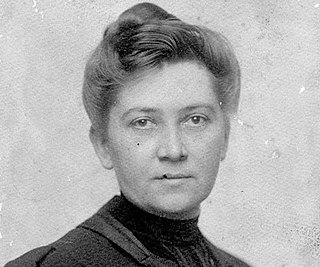A Quote by Oscar Wilde
He would stab his best friend for the sake of writing an epigraph on his tombstone.
Related Quotes
But a man's best friend is the one who not only wishes him well but wishes it for his own sake (even though nobody will ever know it): and this condition is best fulfilled by his attitude towards himself - and similarly with all the other attributes that go to define a friend. For we have said before that all friendly feelings for others are extensions of a man's feelings for himself.
He who is gracious to his lover under the impression that he is rich, and is disappointed of his gains because he turns out to be poor, is disgraced all the same: for he has done his best to show that he would give himself up to any one's "uses base" for the sake of money; but this is not honourable.
Instead of encouraging the student to devote himself to his studies for the sake of studying, instead of encouraging in him a real love for his subject and for inquiry, he is encouraged to study for the sake of his personal career; he is led to acquire only such knowledge as is serviceable in getting him over the hurdles which he must clear for the sake of his advancement.






































